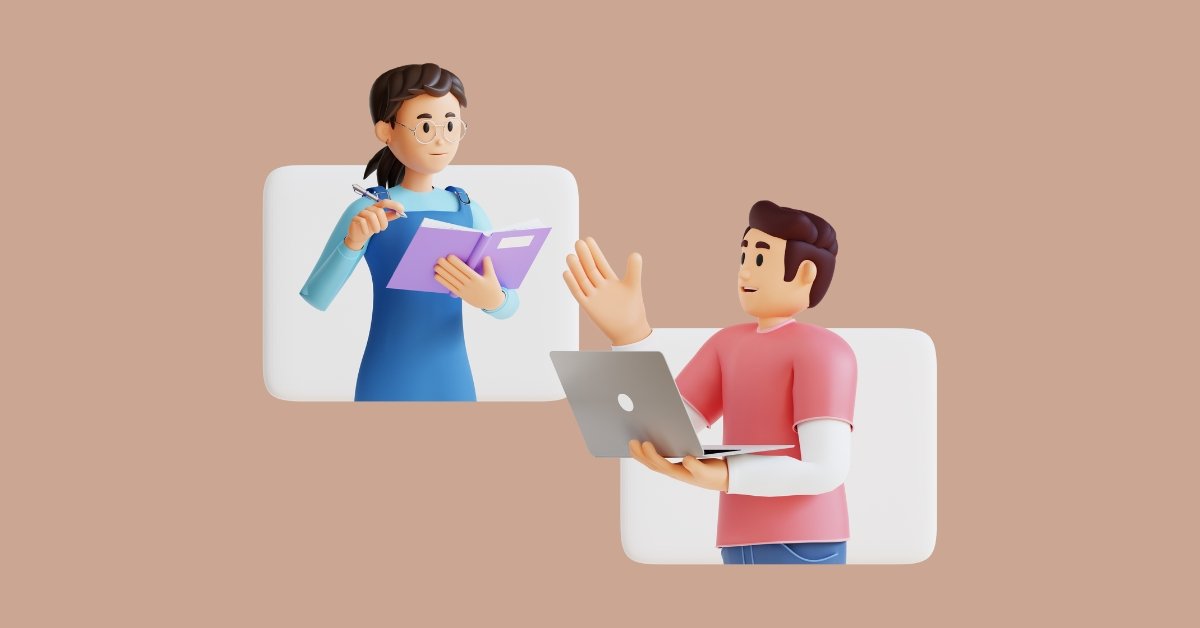The essential steps to buying a used car with our stress-free guide. Learn how to budget, research, inspect, and negotiate for the best deal.
Table of Contents
Introduction
Buying a used car can be a fantastic way to save money while still getting a reliable vehicle.
However, it can also be daunting, especially if you are unfamiliar with the process.
Imagine this: you’ve finally saved up enough money to buy a car, and you have decided to go for a used one to get the best value for your money.
But where do you start?
This guide will walk you through every step of the journey, ensuring you feel confident and informed.
We have covered you, from determining your budget to finalizing the purchase.
Determine Your Budget
Before you even start looking at cars, it’s crucial to establish a clear budget.
Knowing how much you can afford will help you narrow your options and avoid overspending.
Consider the Following
- Car Purchase Price: How much will you spend on the vehicle?
- Insurance Costs: Factor in the cost of insuring your new vehicle.
- Maintenance and Repairs: Set aside money for regular maintenance and unexpected repairs.
List must-have features and non-negotiable requirements, such as a specific make or model or a minimum number of seats.
Tip: Consider using an online budget calculator to understand your financial situation better. This tool can help you see how much you can realistically afford to spend on a car.
Do Your Research
With a budget in mind, it’s time to research potential vehicles. This step is crucial to ensure you get the best value for your money.
Useful Resources:
- Kelley Blue Book: Compare different models and prices.
- Cardekho and Edmunds: Find detailed reviews and comparisons.
- Online Marketplaces: Websites like Carvana and Autotrader offer various options and prices.
Tip: Don’t just look at the price of the car. Consider the total ownership cost, including insurance, fuel, maintenance, and repairs. Some cars may be cheap to buy but expensive to own.
Vehicle History Report
Before making any decisions, obtain a vehicle history report. This report provides essential information about the car, such as past accidents, ownership history, and maintenance records.
Where to Get a Report:
- CARFAX
- AutoCheck
- VehicleHistory.com
- iSeeCars.com
Alternatively, ask the seller to provide one.
Tip: Pay special attention to any red flags in the report, such as a history of accidents or frequent repairs. These could indicate potential problems down the road.
Car Inspection
Although the car looks excellent outside, hidden issues could affect its performance and safety.
A thorough inspection by a mechanic is crucial.
What to Check:
- Mechanical Issues: Ensure the car is in good working condition.
- Safety Concerns: Verify there are no hidden safety issues.
Tip: If you are not mechanically inclined, consider hiring a professional inspection service. They can provide a detailed report on the car’s condition, which can be invaluable during negotiations.
Negotiate the Price
Once you have found a car that meets your needs and budget, it is time to negotiate.
Do not be afraid to haggle for a better price.
Tips for Negotiation:
- Know the Car’s Worth: Research what similar models are selling for in your area.
- Be Prepared: Clearly understand the maximum amount you’re willing to pay.
Tip: Stay calm and polite during negotiations. Being confrontational can make the seller less willing to lower the price. Remember, it’s just business!
Test Drive
Before finalizing your purchase, take the car for a test drive.
This step is vital to ensure the vehicle is a good fit for you.
What to Pay Attention To:
- Handling: How the car maneuvers.
- Acceleration and Braking: The car’s responsiveness.
- Unusual Noises: Listen for any strange sounds or warning signs.
Tip: Test the car in various conditions, such as on the highway and in stop-and-go traffic. This will give you a better sense of how the car performs in different situations.
Check the Car’s Title
Ensuring the car has a clear title is crucial.
A title check will confirm that the vehicle is legally allowed to be sold and that there are no outstanding liens against it.
How to Check the Title:
- DMV: You can request a title check through your local Department of Motor Vehicles.
- Online Services: Websites like Carfax and AutoCheck can also provide title information.
Tip: Avoid cars with a “salvage” title, which means the insurance company deemed the car a total loss. These cars can have hidden problems and are often difficult to insure.
Understand the Paperwork
Before signing anything, understand all the paperwork involved in buying a used car.
Important Documents:
- Bill of Sale: This document outlines the terms of the sale and includes essential information such as the purchase price, vehicle details, and the buyer and seller’s information.
- Title Transfer: This is necessary to transfer ownership of the car to you.
- Warranty Documents: If the car comes with a warranty, make sure you understand what is covered and for how long.
Tip: Don’t hesitate to ask questions if you’re unsure about any of the paperwork. It’s better to clarify now than to deal with issues later.
Finalize the Purchase
If you’re satisfied with the car and the negotiated price, it’s time to finalize the purchase.
Steps to Finalize:
- Written Contract: Ensure the contract includes the purchase price, warranties, and sale terms.
- Documentation: Get a receipt and any documentation related to the car’s history or maintenance.
Tip: Consider having the contract reviewed by a lawyer, especially if the purchase is for a significant amount of money. This can help ensure everything is in order and protect you from potential issues.
Conclusion
Buying a used car doesn’t have to be stressful.
Following these steps can help you find a reliable and affordable vehicle that meets your needs.
Remember, preparation and research are critical to a successful purchase.
Happy shopping, and may you find the perfect car for your adventures!
Trivia: Did you know the first car sold in the United States was an 1898 Winton, which Robert Allison of Port Carbon, Pennsylvania, purchased?
We hope this guide has been helpful!
For more tips and tricks on car buying and other exciting topics, check out other articles on our website.
Happy reading and safe driving!









Pingback: Transformative Power Of Scent: A Dive Into Yasmin Sewell's Vision With Vyrao